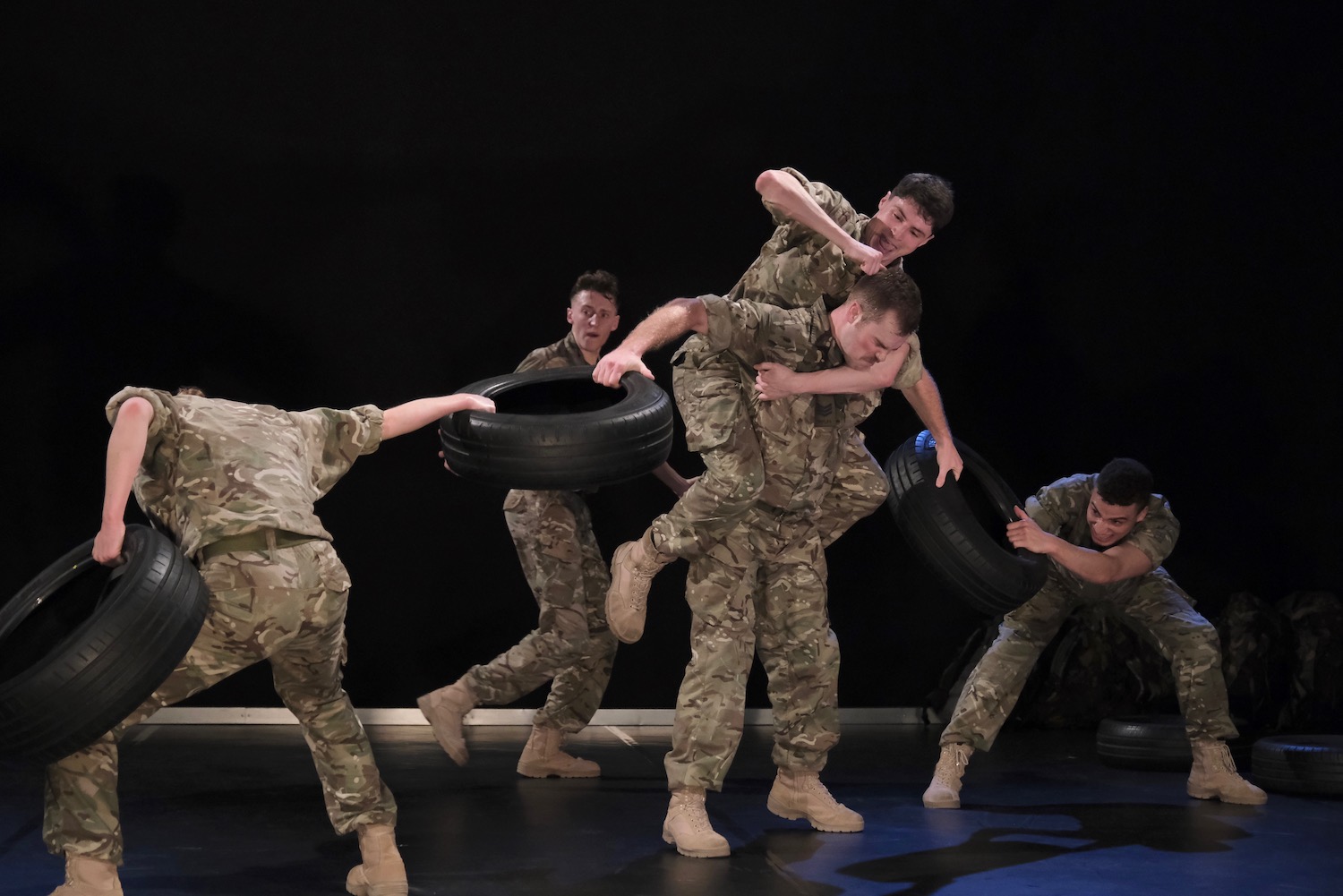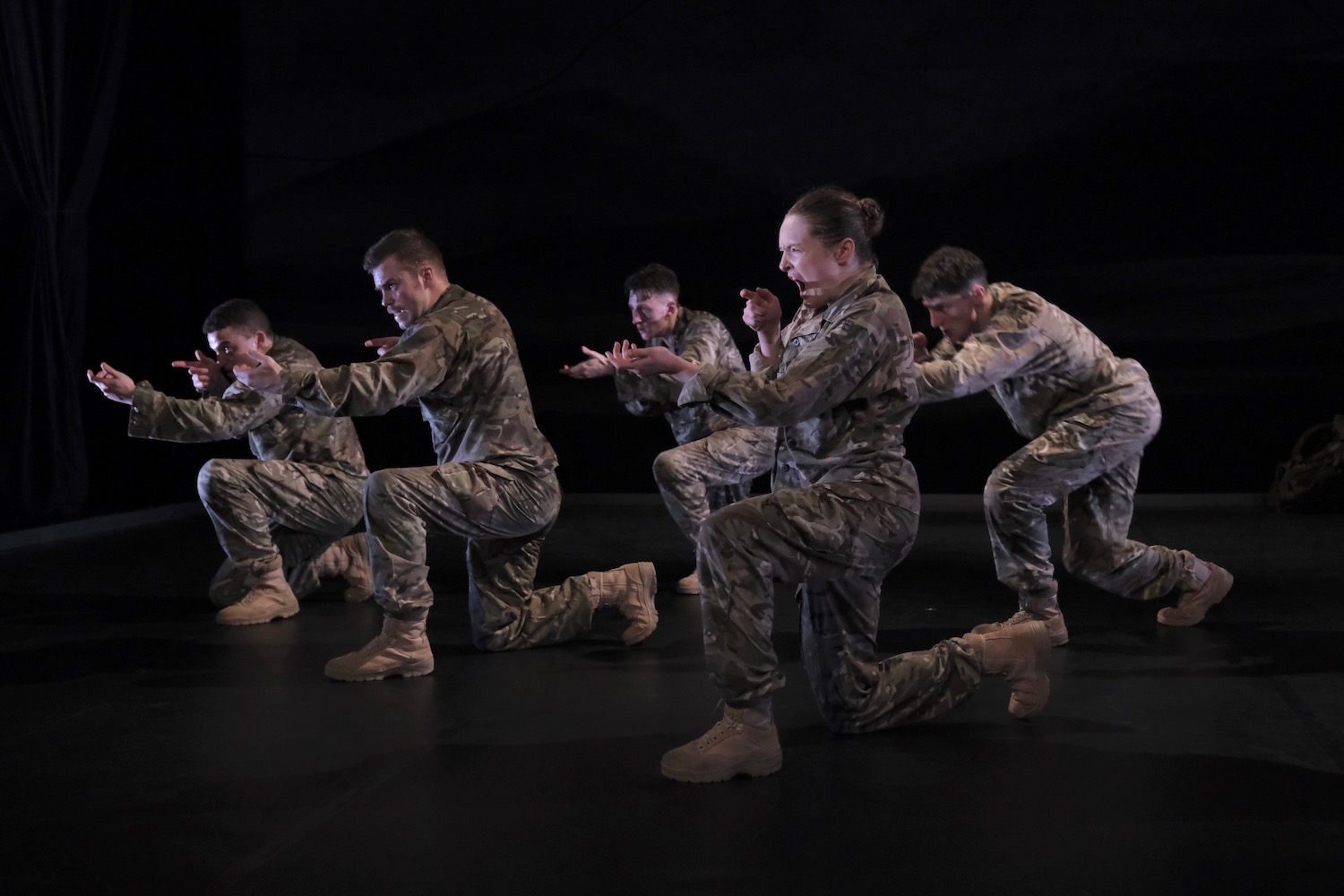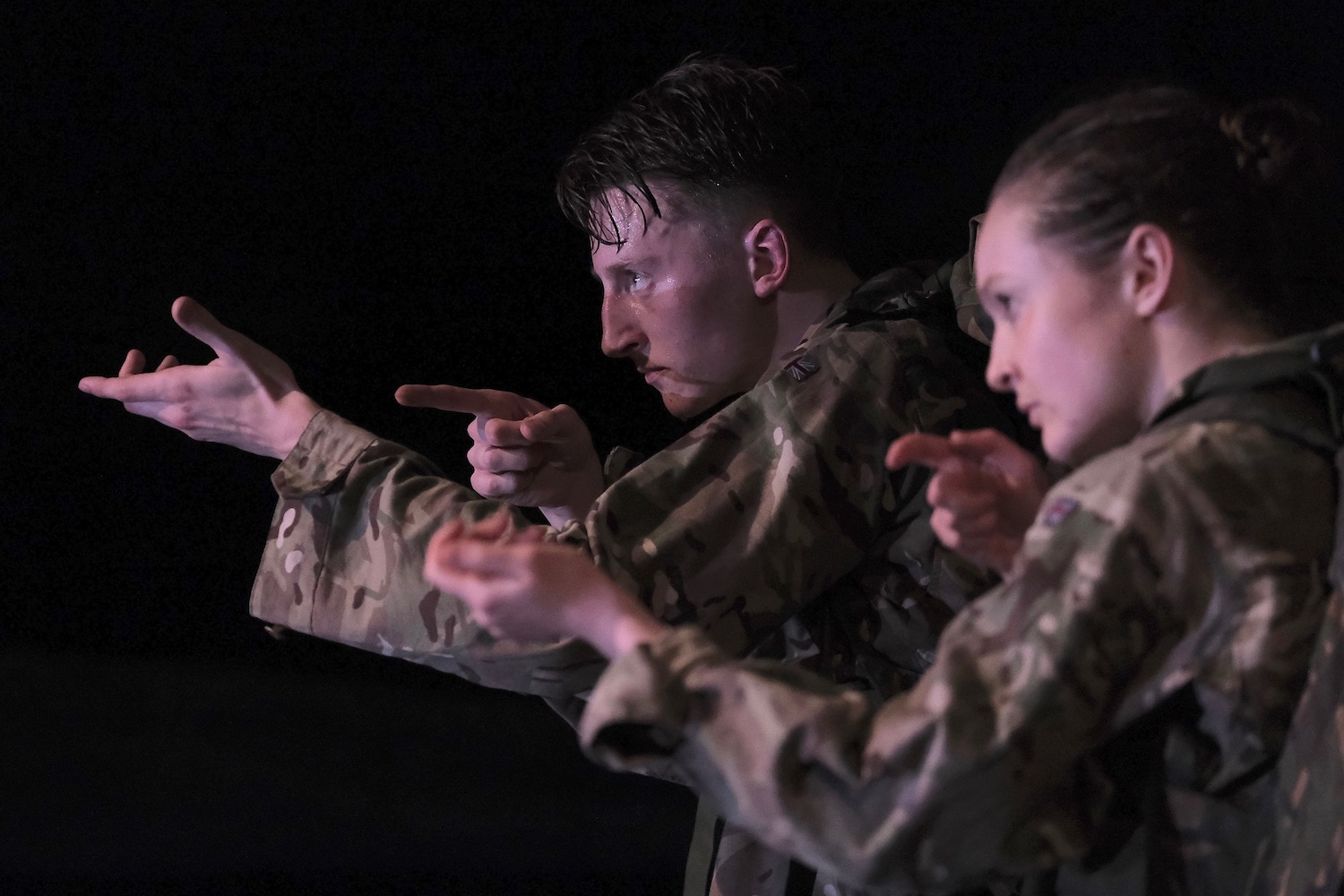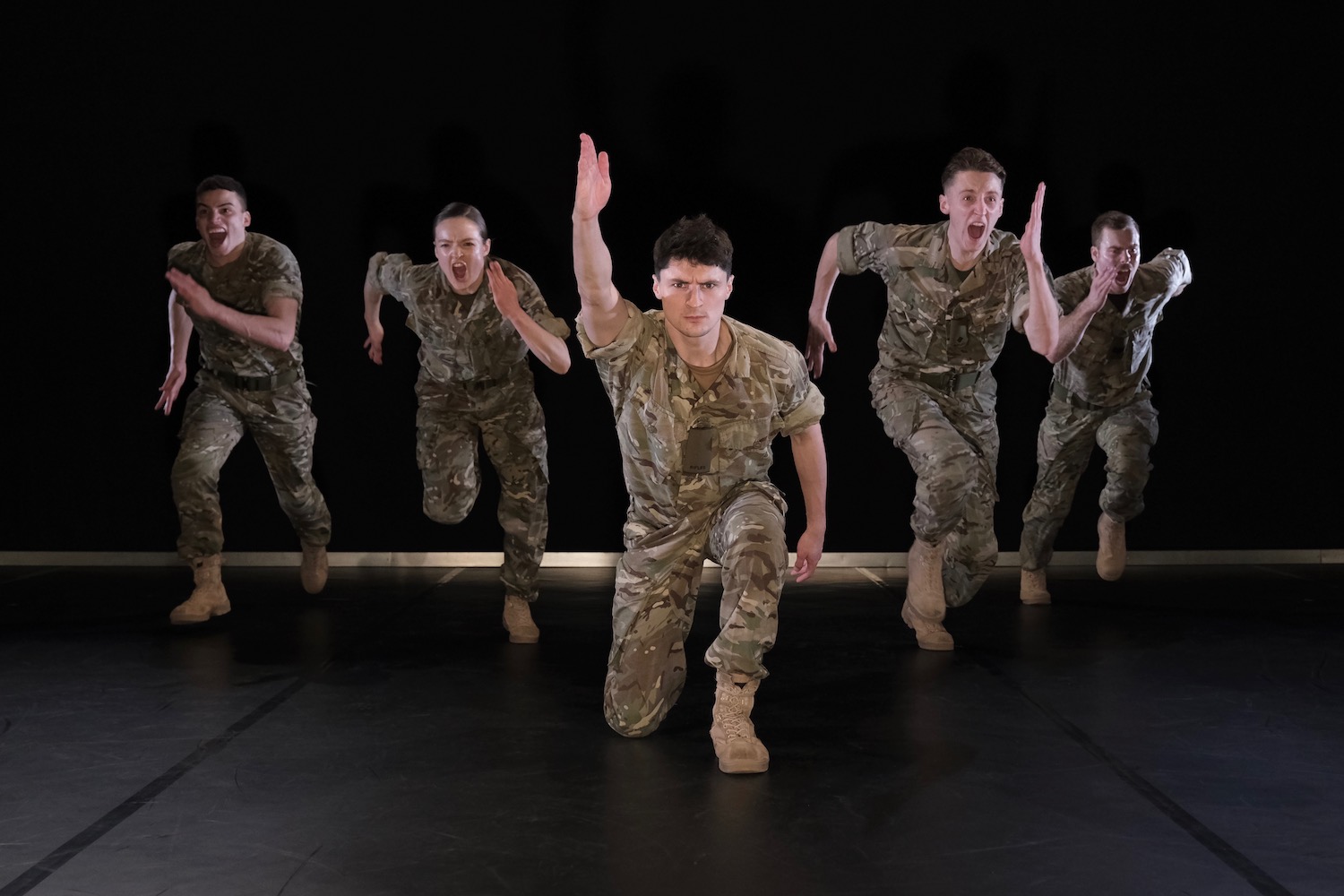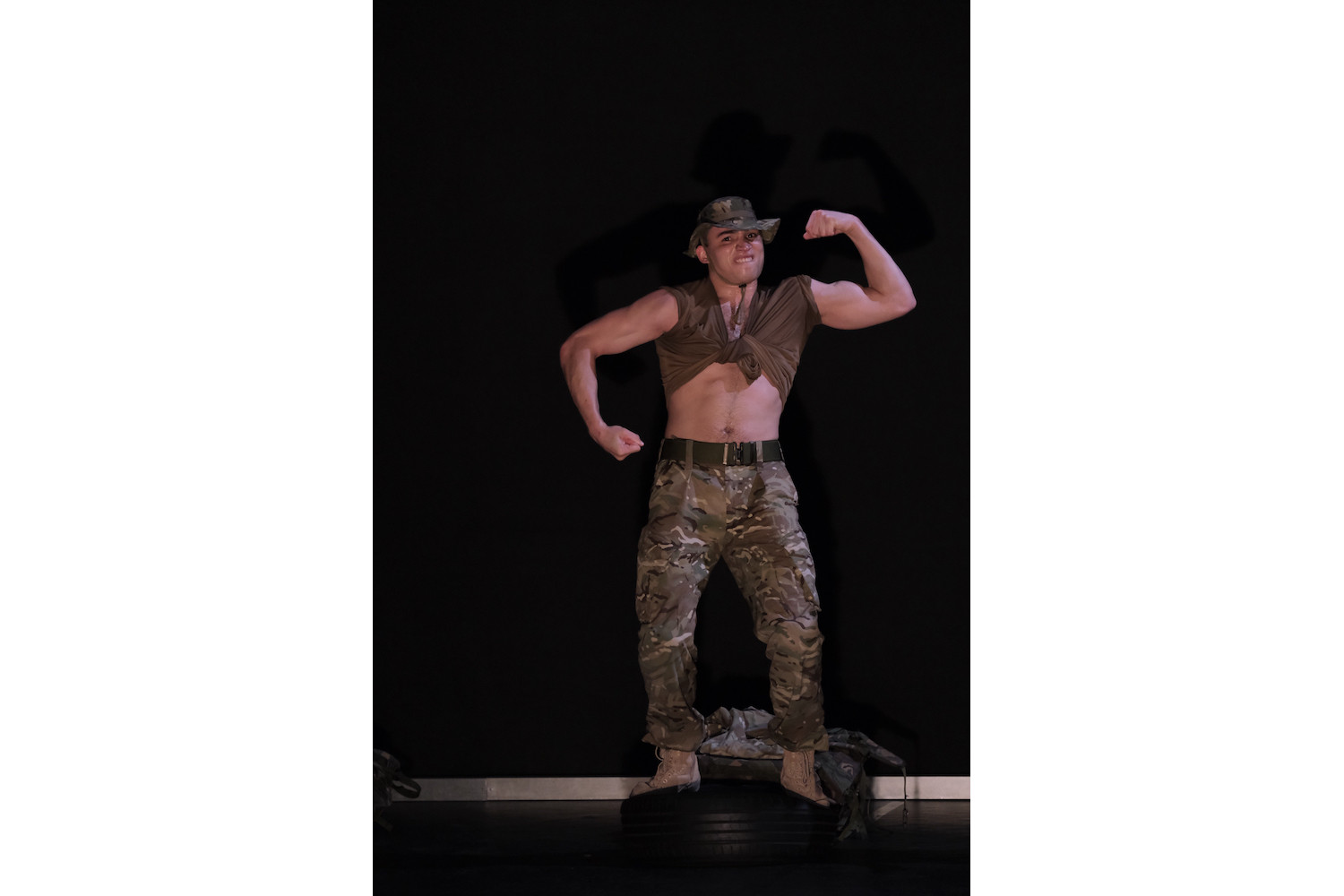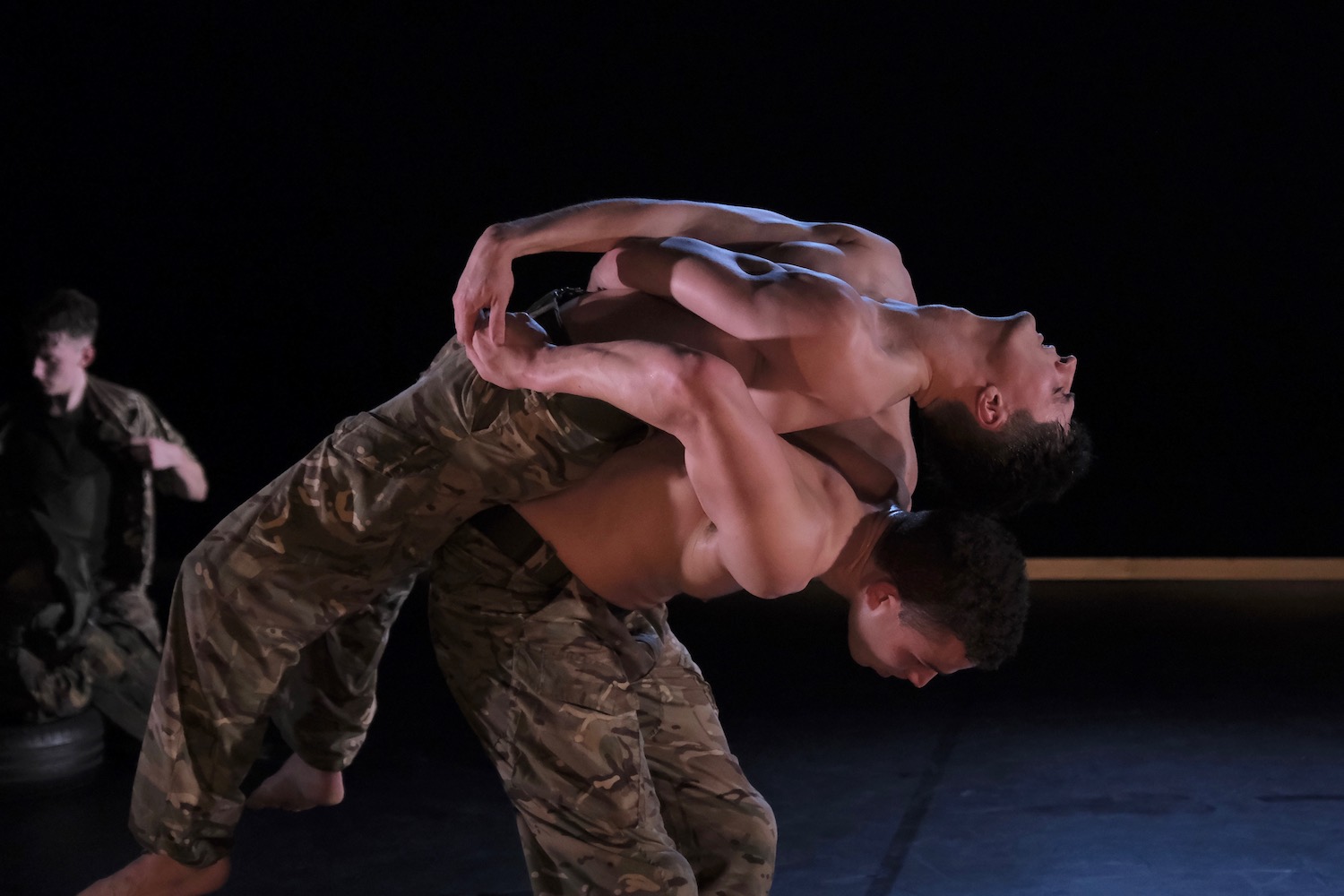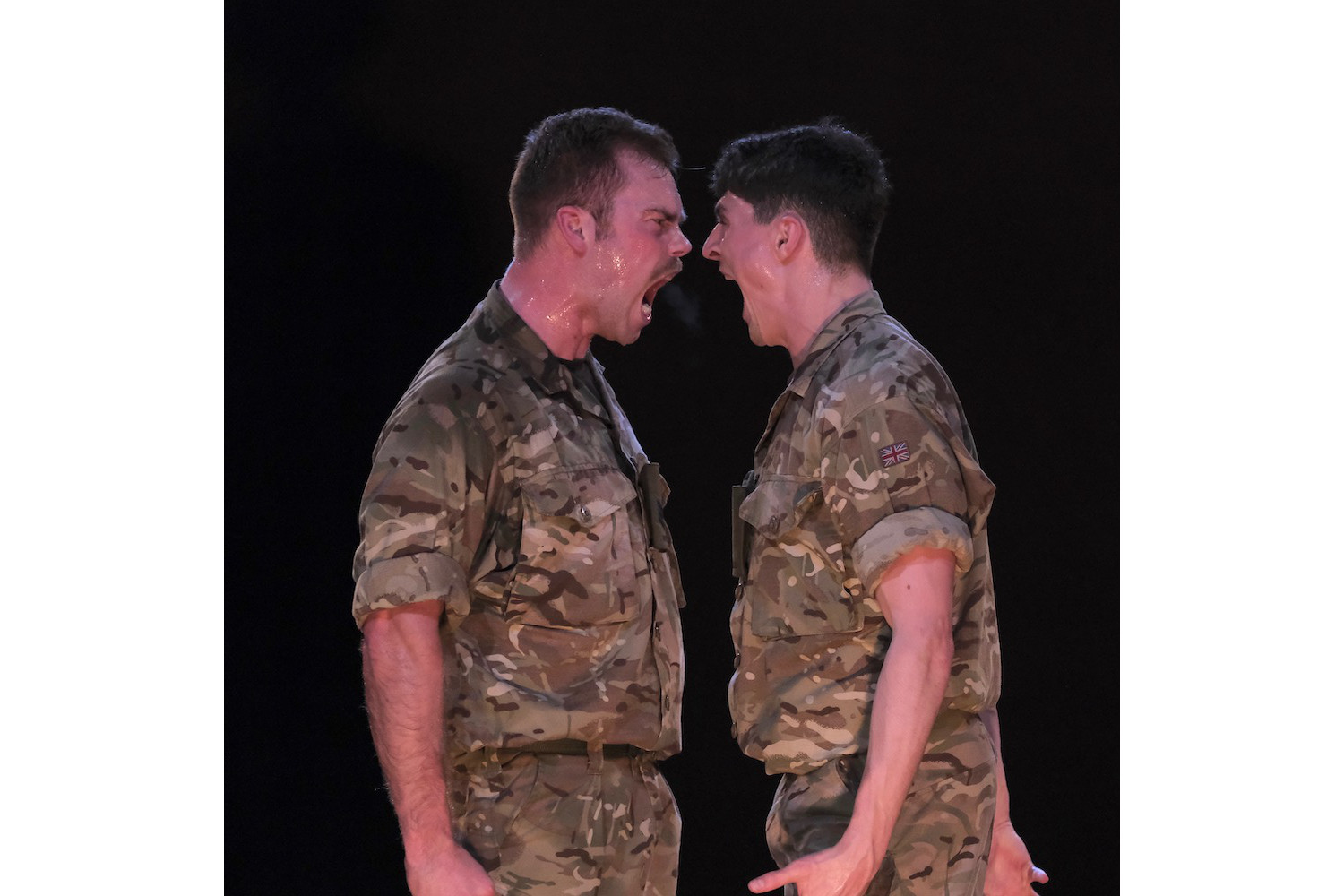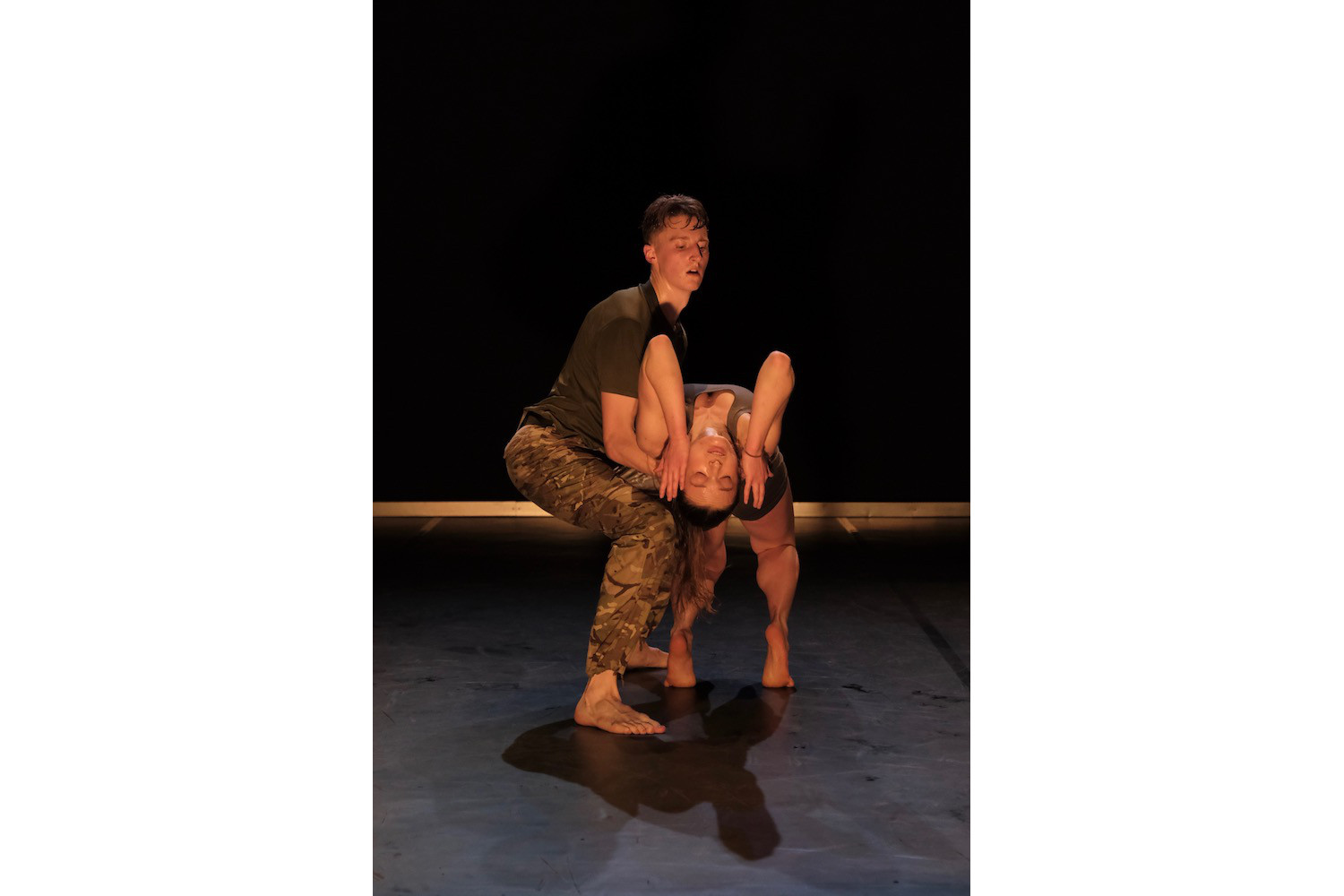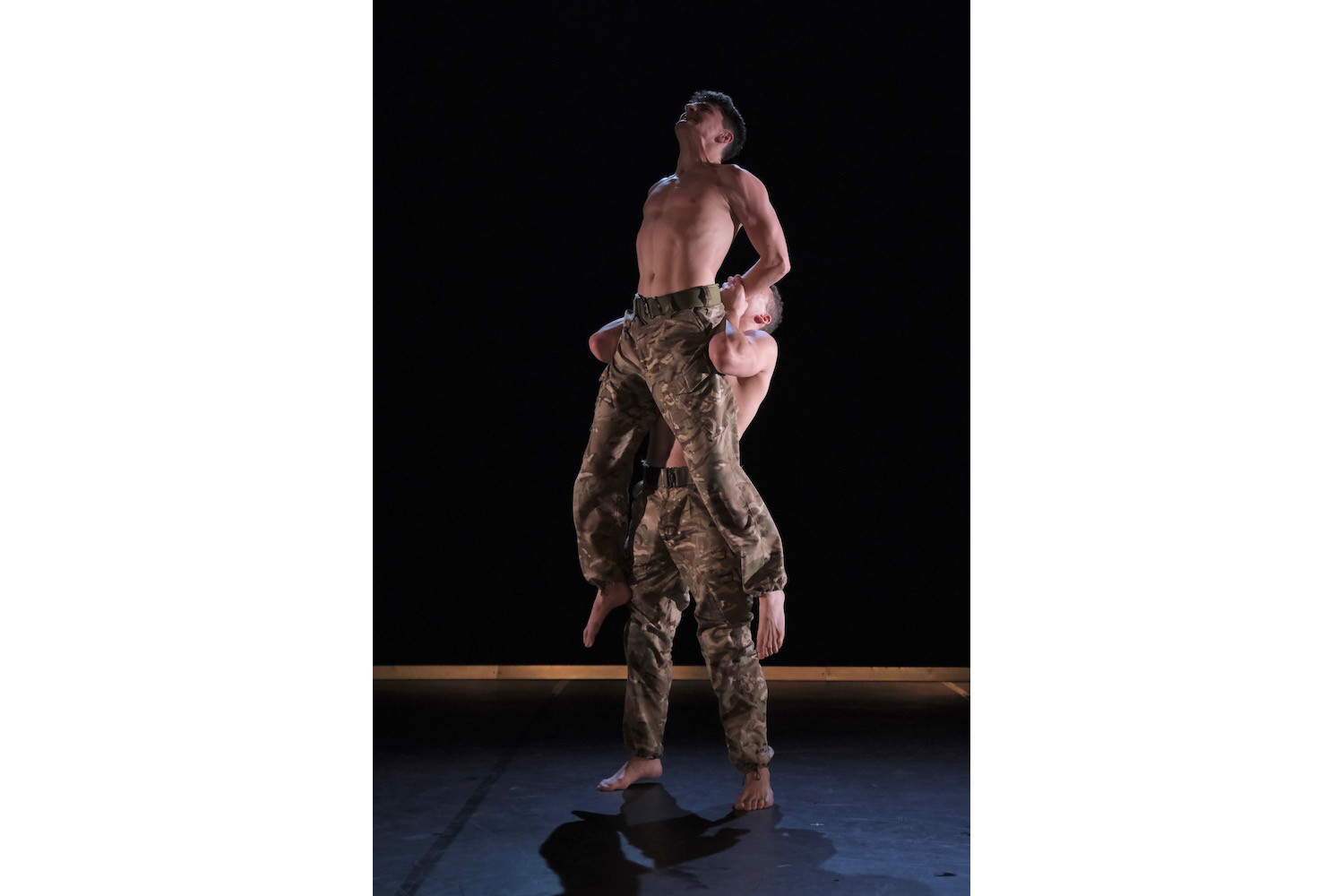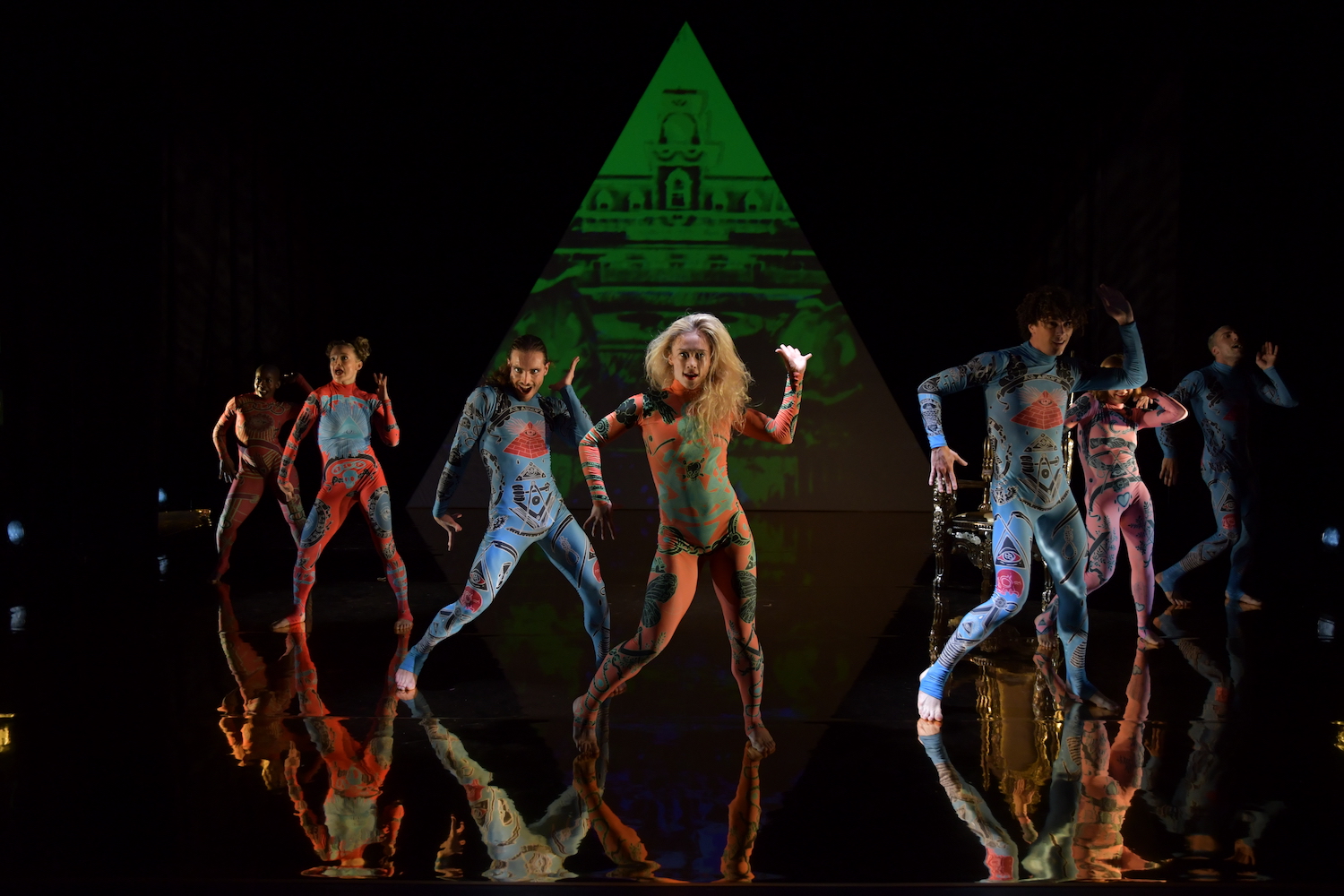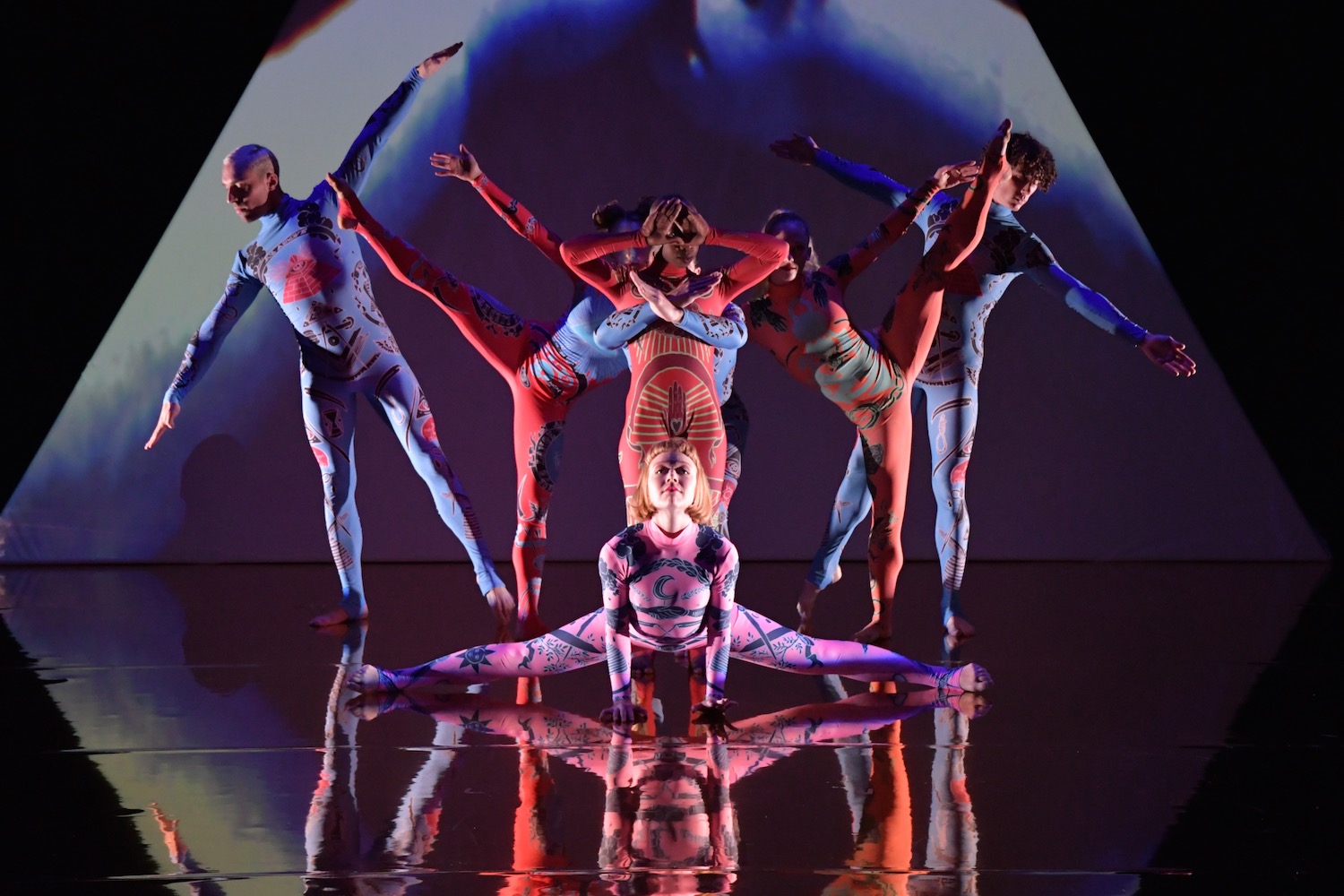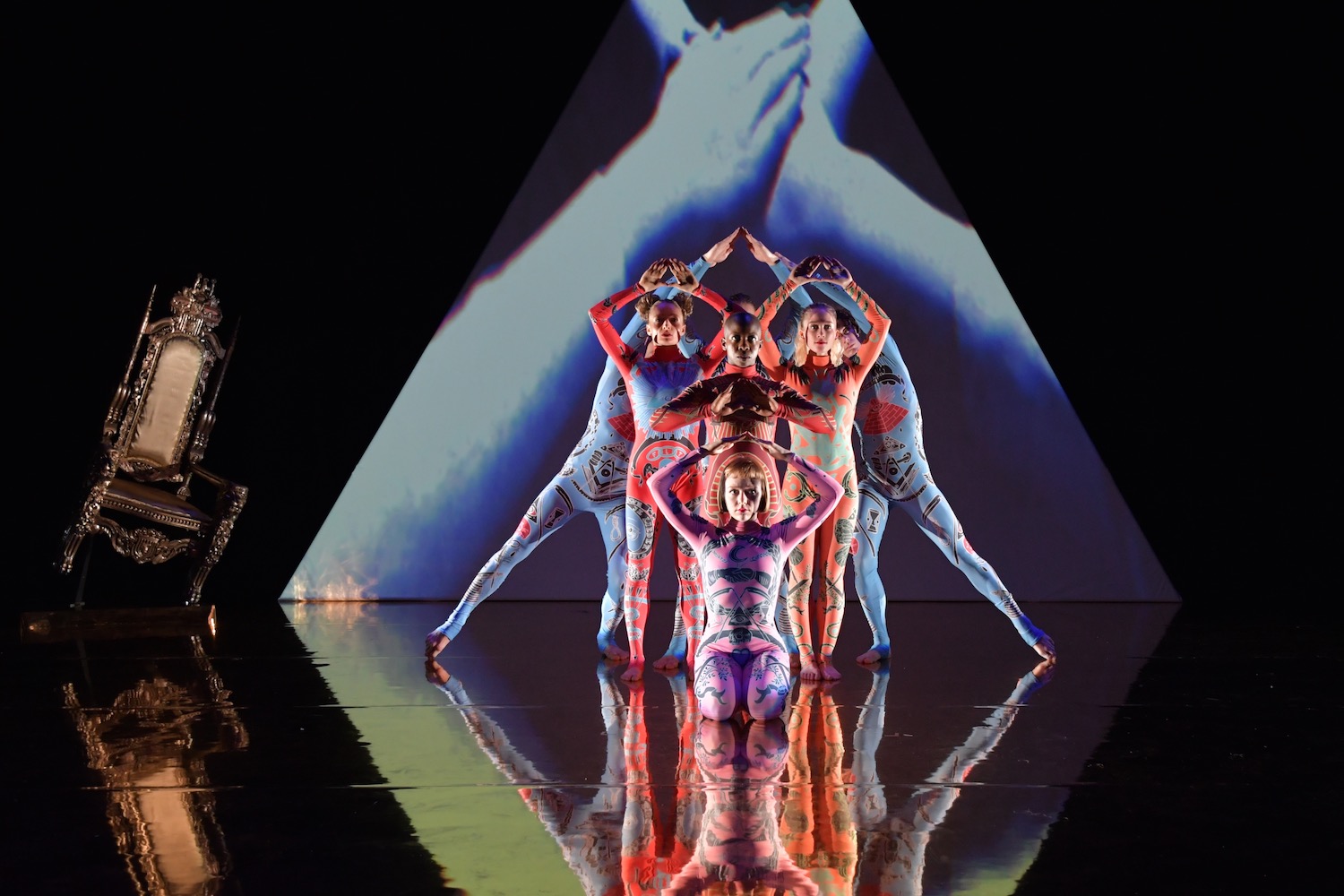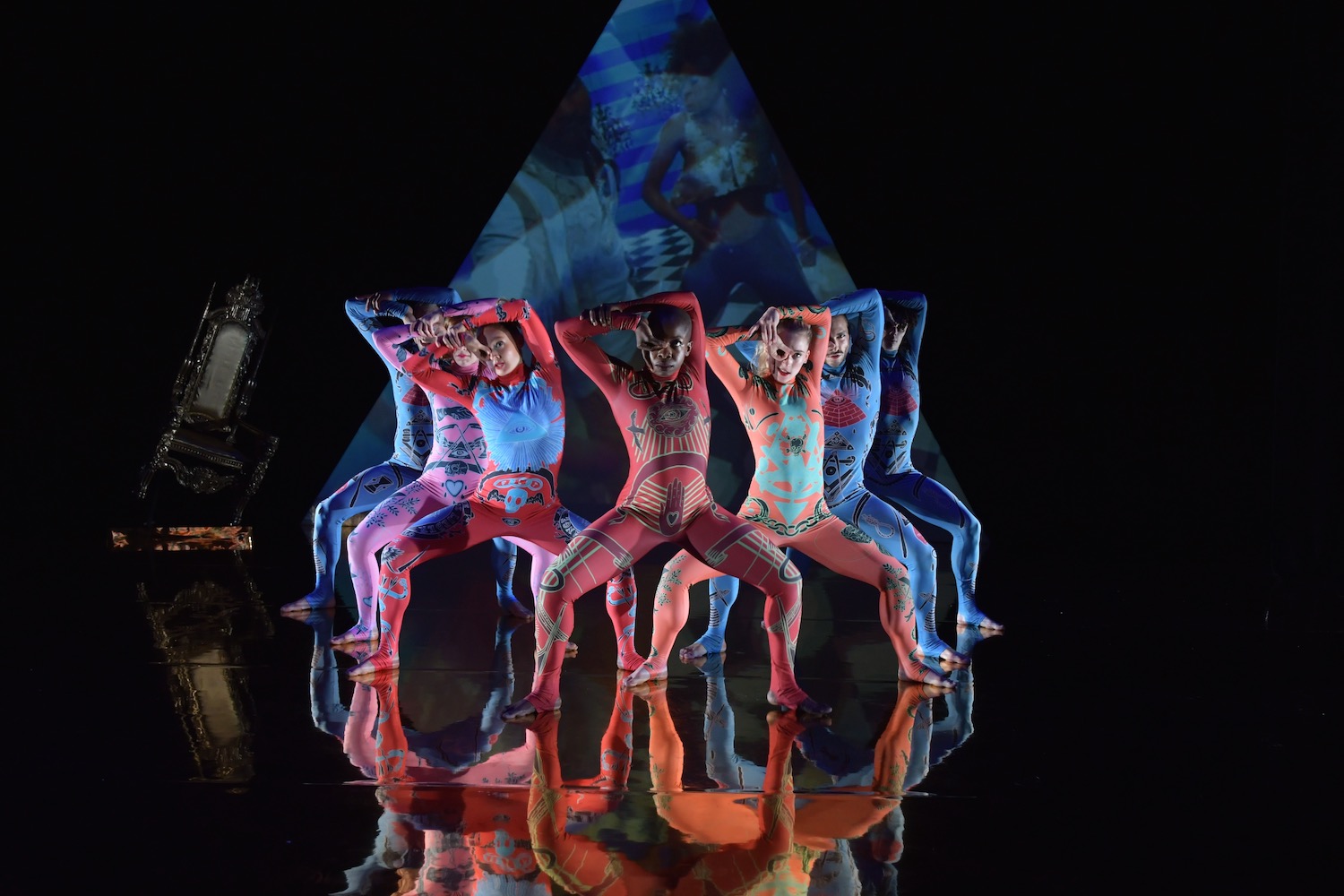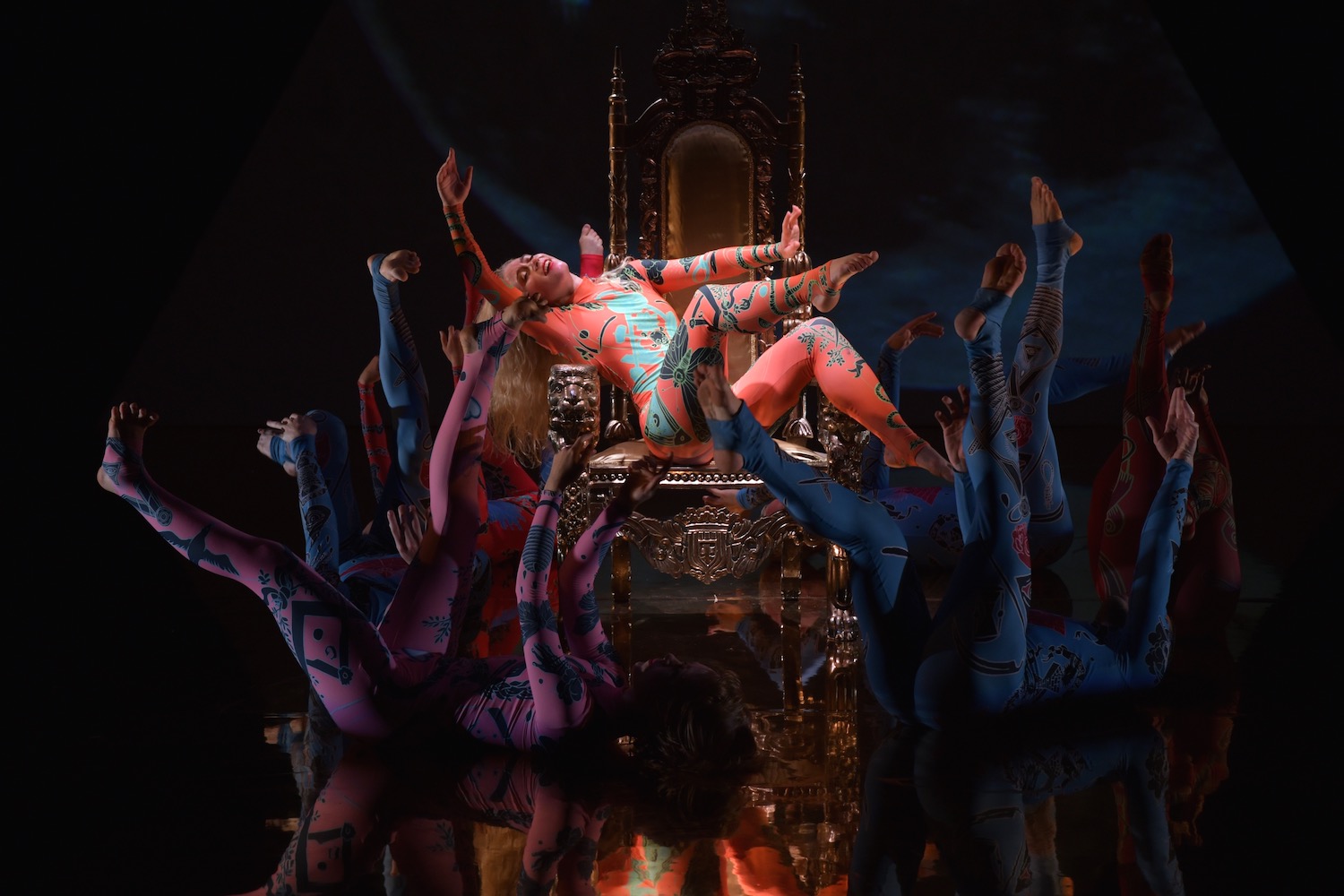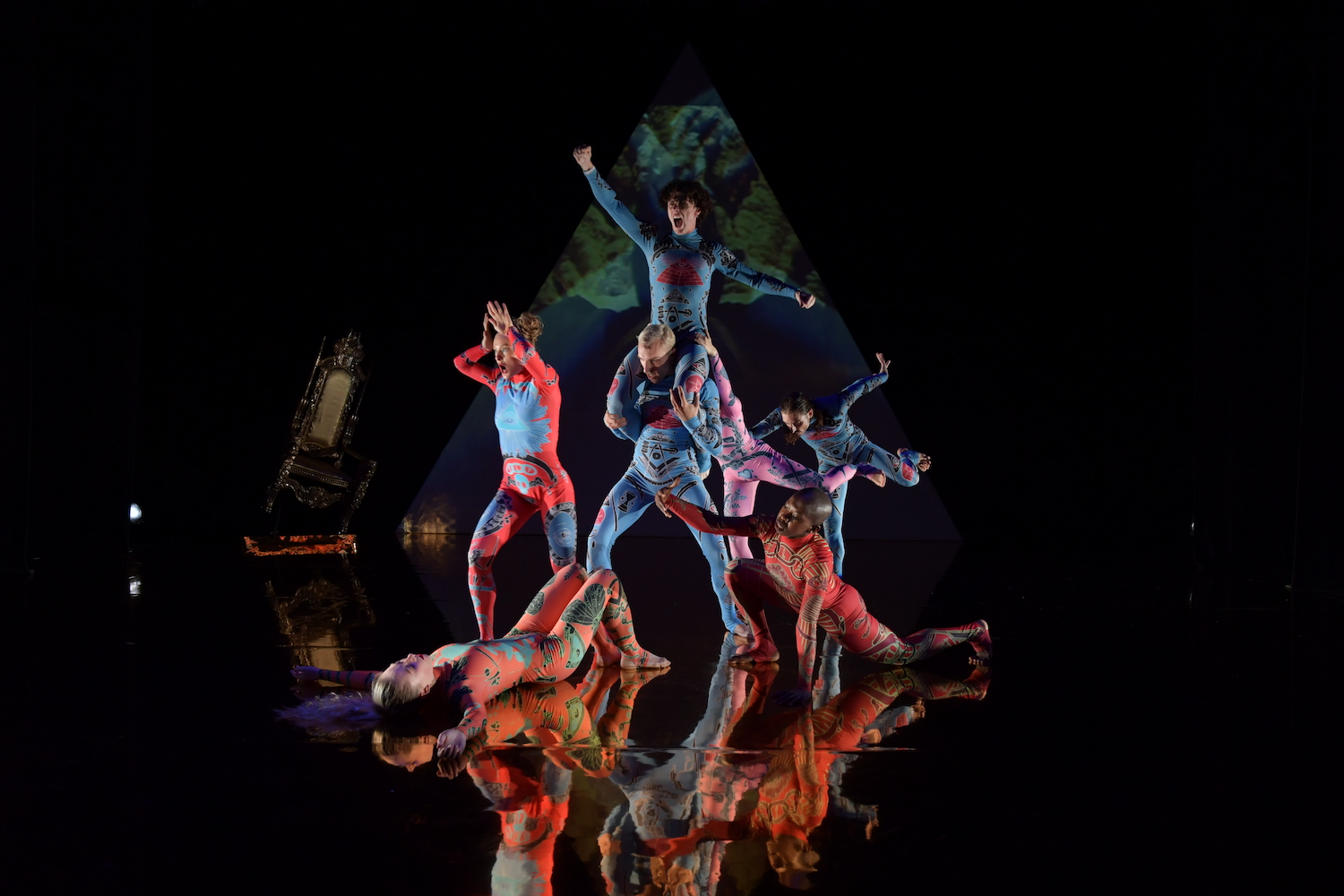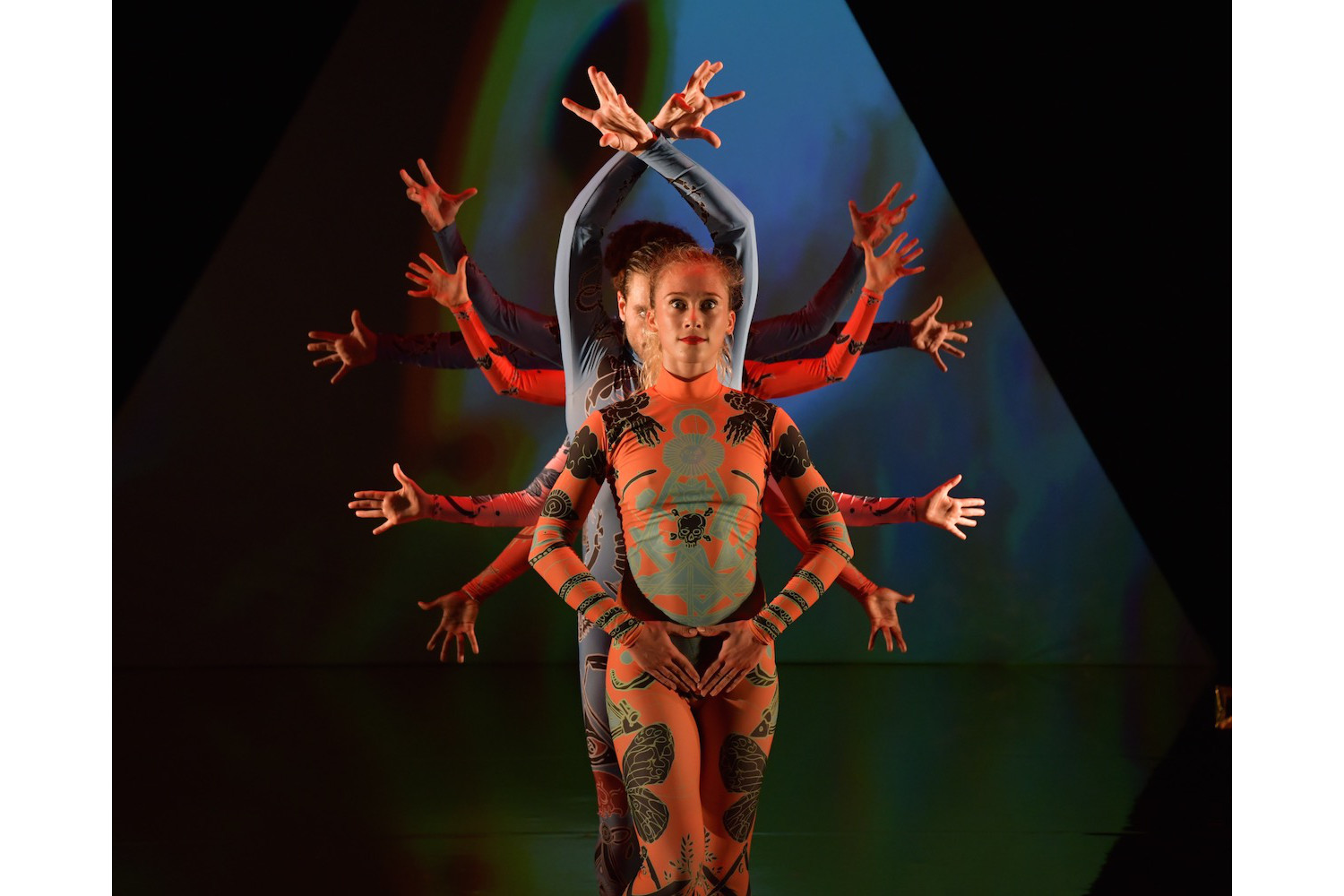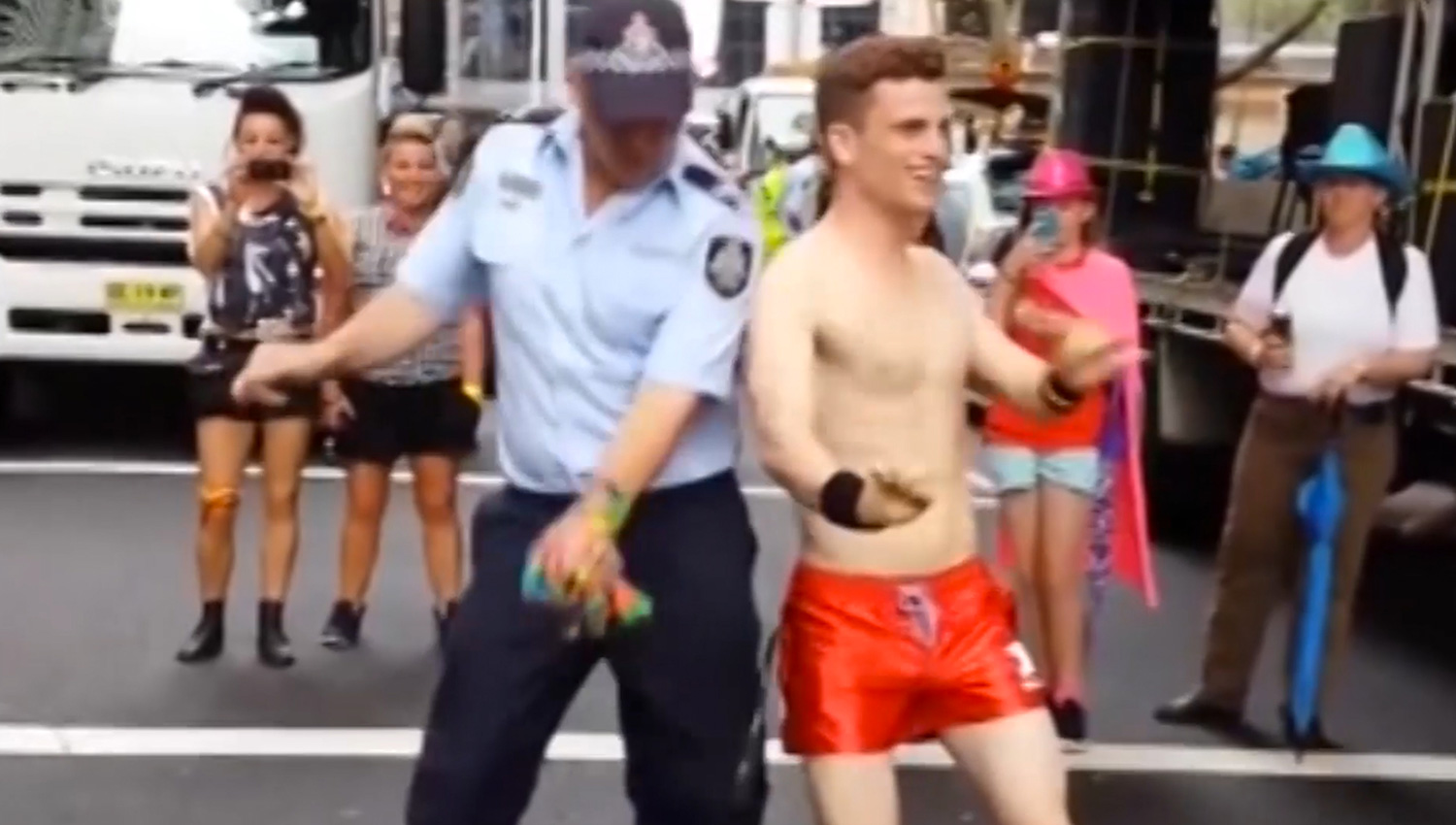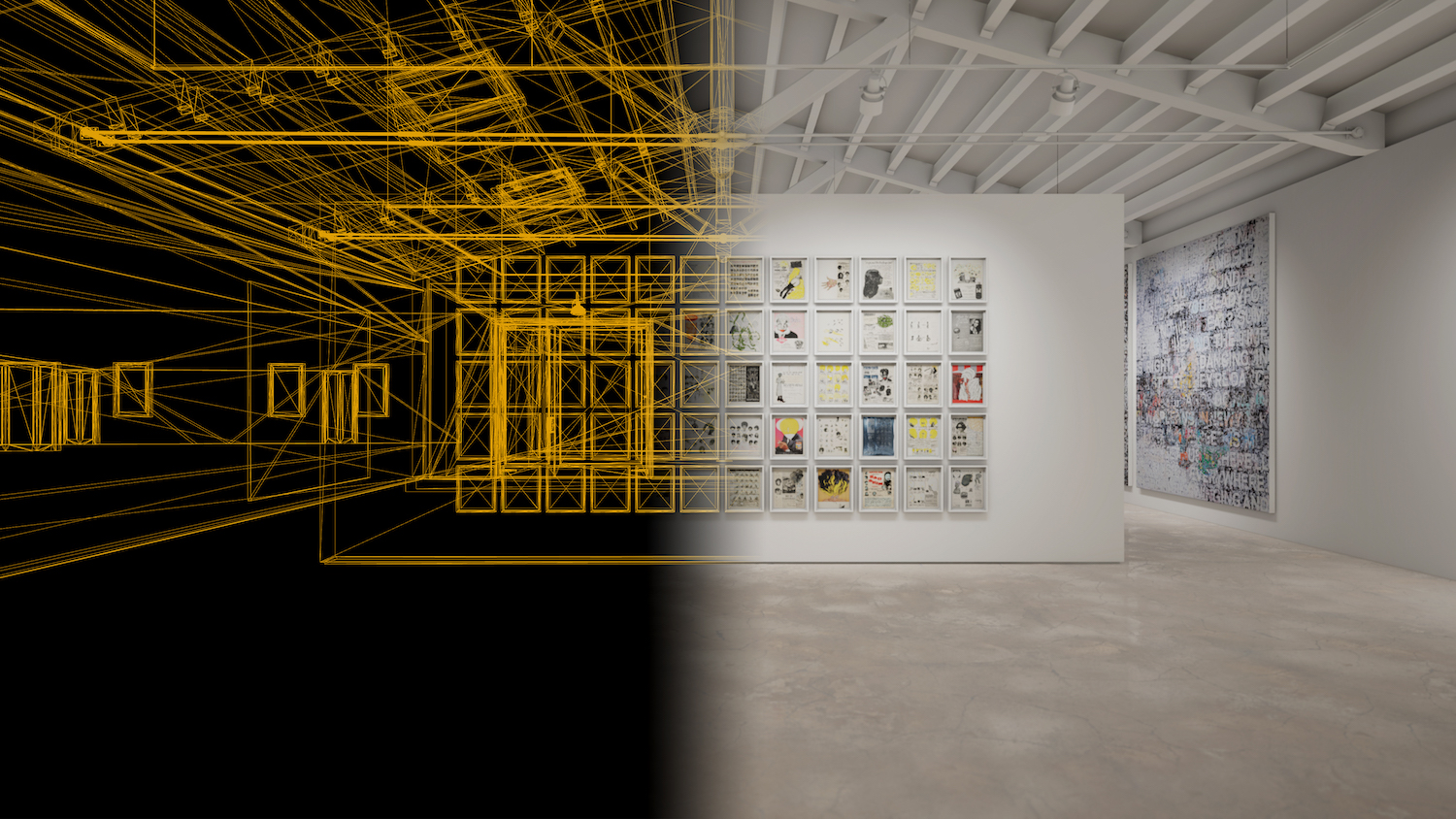Dance Office is a column dedicated to contemporary dance and performance art.
Having toured extensively around the UK and Europe during its ten-year life span — receiving five stars in The Guardian’s 2015 review of the show, which noted that “war from a female perspective packs a punch” — Birmingham-based Rosie Kay Dance Company’s (RKDC) 5 Soldiers: The Body is the Frontline has recently attracted the attention of American bookers and audiences. After a short run in California last year, the show was invited back for a larger West Coast tour in March 2020. With three weeks of performances planned at a variety of prestigious venues (including the Mondavi Center at UC Davis in Sacramento and Mesa Arts Center in Arizona), top dancers and US agents secured, a long rehearsal period, and a small UK tour set in place beforehand to prepare for performing on new soil, “everything was how we wanted it to be,” says the company’s eponymous artistic director Rosie Kay. “We felt really confident.” But despite its well-laid foundations, RKDC’s US tour was faced with challenges that could never have been anticipated: from the outbreak of a global pandemic to visa issues, and even a last-minute change of cast.
Originally choreographed in 2010, 5 Soldiers: The Body is the Frontline is Rosie Kay’s seminal work. The result of in-depth research into military life — Kay secured an attachment with 4th Battalion the Rifles to attain first-hand experience of the intensity of military training — the hour-long, athletic contemporary dance show explores how even in the twenty-first century, the human body remains essential to warfare. While Kay’s production has more recently received great support from the British Army, 5 Soldiers points no fingers at those who choose to serve. Instead, it paints a humanizing picture of military life through a variety of scenes displaying marching drills, boredom, sexual tensions, and patrol. By doing so, the work aims to break down barriers between military and civilian audiences, highlighting a side of the army that is rarely portrayed in the mainstream media.
The difficulties RKDC faced on their recent tour began from the moment Kay arrived at Birmingham airport. “I got a phone call from James [Preston]” — RKDC’s executive director — “while I was in departures. It was bad news. One of the dancers was refused boarding in London. There was a problem with his visa and he was going to have to go through the full process again from scratch,” explains Kay. After this news, and facing “all sorts of problems” getting the show’s set through US customs, Kay finally boarded her second flight from Dublin with Preston, her technician, and only four dancers. “I knew it wasn’t good enough. We were performing at very prestigious US venues. No one would really care about what had happened; we were just turning up with the wrong show,” she says. After discussing different scenarios during the flight, Kay eventually decided that she was the only person that knew the show well enough to step in at the last minute. She was, however, nervous about the lack of physical preparation she had done. “I knew I wasn’t unfit, but I wasn’t as fit as I would have wanted to be to do that show,” says Kay, who explains she would have put in six months training beforehand if she had known she was going to be performing.
Instead of pretending to be the fifth, young, male soldier, Kay decided to adapt the show and role to reflect her age and gender. Although it was the result of necessity, adding a mature female character to 5 Soldiers allowed Kay to explore military life from a different perspective. “I thought that it would be quite interesting to introduce to the piece an older female that doesn’t have such a sexualized role, but who has a toughness about them and an eye that oversees things,” she explains. When the show was originally made, Kay didn’t know any female officers her age. Now, she has met a wide variety of high-ranking females who she used to inspire her performance. “They juggle their husbands and families with being officers, commanding battalions, and maintaining their fitness. They can also modify their behavior to different situations,” she says, explaining she has seen them equally comfortable in all-male environments as they are at the theater with a glass of white wine.
Being back on stage for the first time in five years was a big step for Kay, who was planning to make her return to performance later in the year. “I thought it would take me a long time to build up confidence, and that I would have to handle the whole thing very sensitively,” she admits. “It was fantastic to just break through all of that and feel like I’ve still got it,” she says proudly. This being said, Kay admits that her first performance of 5 Soldiers felt like “being in a washing machine” as she tried to make sure she was always in the right place at the right time. “By the second show I felt a bit more cocky. I knew I could get through it.” Kay feels that being older than the rest of her company at times offered her an advantage. “Once you’re on stage that grit and determination never leaves you. In fact, as a mature performer you can help others out because although they may be younger and fitter, you have the mental attitude that you’ve just got to do it and be spot on,” she explains. Interestingly, the emotional demands of the show were some of the toughest for Kay. She recalls one night before a performance in San Diego when she started thinking about her grandfather who was a Polish officer during the Second World War. “I was really thinking about all of the stories and people that have gone into the making of this show. The dancers were all really sensitive, we had a hug altogether, and we went out and had such an intense experience during the performance. We all lived it, almost outside of ourselves.” But while it was very special for Kay to be part of a show she’s always wanted to “transcend,” she was relieved when her original dancer sorted out his visa and was able to join the company in America for the last week of the tour.
Even when the fifth soldier rejoined the company, RKDC’s tour was still plagued by unforeseen challenges, namely the impending threat of coronavirus. Starting the tour off at the Mondavi Center, UC Davis, in Sacramento, Kay says that things initially felt very relaxed and that the company was greeted by large audiences. “But you did start to see the masks coming in. When we reached San Diego, there were a lot more people in masks. It felt like the threat was getting closer,” she says. The day RKDC left California, the state banned gatherings of more than one hundred people. In Mesa, Arizona, the company “really started to see the audiences drop off.” Despite huge ticket cancellations, the venue still wanted the company to keep performing up until their very last show. After that, they closed their doors indefinitely. “It was quite nerve wracking. Four of the dancers also had holidays booked in the US afterwards. We spent the last week having company meetings each day. We didn’t want to tell them that they had to come home, but as the situation and government advice was changing so rapidly, we wanted to spell out to them the risks involved with staying in the US.” Fortunately, everyone came to the conclusion they needed to go home, flying out of America just before President Trump imposed his coronavirus-induced travel ban. “I’ve been touring professionally now since 1998 and I’ve had so many extreme and tense experiences on and off stage,” says Kay. “After all that time, you feel like you get to the point where you’ve seen it all and you can take anything that’s thrown at you. This tour blew that all out of the water.”
Now safely back in the UK, Kay is taking time to rest and recuperate. While she is doing some online ballet classes and going for walks, Kay is very wary in general of the pressures on the internet to use self-isolation as a time to over exercise and get “quaran-toned.” She reasons that we need to keep our immune systems healthy and not put them under too much strain. She has a similar opinion in regards to the amount of cultural content that has been put online. “You don’t have to go on a crash course of the arts,” says Kay. “It is amazing what’s out there at the moment. Culture is really good when you need some stimulus, it can help you think about things deeply. But you shouldn’t feel like you have to be watching Berlin’s Schaubühne every night.”
This being said, RKDC have themselves contributed to the plethora of cultural offerings that have appeared on the internet during coronavirus, with 5 Soldiers being mentioned in round ups for the best shows to watch online in both The Guardian and The Financial Times. The company has also made their 2017 show MK Ultra — which delved into myths surrounding the illuminati and was accompanied by a bespoke voiceover by renowned documentary filmmaker Adam Curtis — available to watch on YouTube. “It makes me laugh that it’s those two shows that are online,” she says. “They both seem quite timely. 5 Soldiers is all about claustrophobia and the body undergoing extraordinary pressures, pains, and boredoms, whereas MK Ultra is about conspiracy theories, which are all over the internet at the moment!”
Despite the success of their online content, Kay feels strongly that touring live theater remains a very important practice. “The positive of this pandemic is that it is causing us to question what constitutes essential and nonessential travel,” she says. “But to me, taking live theater across the world is still as important as ever. It would not have been the same if our audiences in America watched a cinema screening of the show. It wouldn’t have been the same for us as dancers either,” she continues, explaining how you leave a bit of your soul in every place you perform, and make human connections you wouldn’t have done otherwise. Considering that traveling artists have told stories during times of crisis for centuries — just take the renowned Ballets Russe as an example, who continued to perform throughout Europe during World War II — Kay seems to have a point. “Telling human stories in person connects us in a way that breaks down barriers, develops trust, and stops us otherizing,” she says. “There’s going to be so many boundaries and borders post-corona, and free travel is going to become a lot more difficult. It’s really important that artists will be out there giving messages of humanity, and telling stories about the world we’re living — and have always lived — in.”

